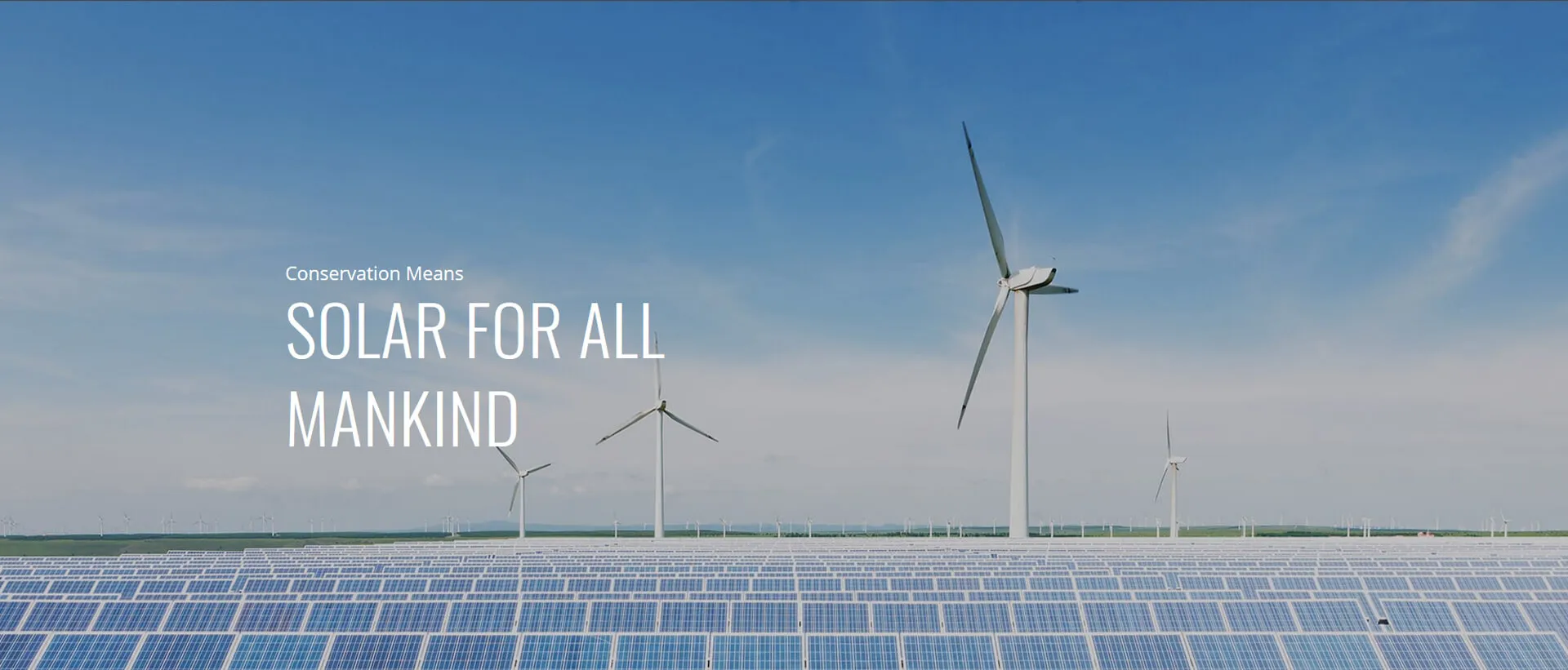Exploring the Benefits and Opportunities of Commercial Solar Panel Installation for Businesses Today
The Rise of Commercial Solar Panels Harnessing the Power of the Sun
In the face of increasing energy demands and the urgent need to combat climate change, many businesses are turning their attention to renewable energy sources. Among these, commercial solar panels have emerged as a compelling solution. With advancements in technology, decreased costs, and numerous environmental and economic benefits, solar energy is becoming a preferred option for businesses aiming to reduce their carbon footprint and operational expenses.
Understanding Commercial Solar Panels
Commercial solar panels are large-scale photovoltaic (PV) systems designed for businesses, warehouses, and industrial facilities. These systems convert sunlight into electricity, which can be used to power operations, reduce electricity bills, and even generate revenue through surplus energy sold back to the grid. Unlike residential solar systems, commercial setups tend to have larger capacities to meet the higher energy needs of businesses.
Economic Benefits
One of the primary motivations for businesses to invest in solar energy is the substantial cost savings. Commercial solar panel installations can significantly reduce electricity bills by offsetting energy consumption. Many businesses also take advantage of government incentives, tax credits, and rebates, such as the Investment Tax Credit (ITC), which can effectively lower installation costs.
Moreover, solar energy serves as a hedge against rising energy prices. By investing in solar panels, businesses lock in energy costs for years to come, mitigating the risks associated with fluctuating utility rates. Additionally, with the correct financial models, companies can often finance their solar installations with minimal upfront costs, leading to immediate savings.
Environmental Impact
The adoption of commercial solar panels also has a positive impact on the environment
. Solar energy is clean and renewable; it reduces reliance on fossil fuels that contribute to greenhouse gas emissions and global warming. By transitioning to solar power, businesses can significantly lower their carbon footprints and demonstrate their commitment to sustainability.commercial solar panel

In an era where consumers are increasingly eco-conscious, utilizing solar energy can also enhance a company’s brand image. Companies that embrace green initiatives often enjoy a competitive edge, as environmentally friendly practices attract customers who prioritize sustainability.
Technological Advancements
Technological innovations in the solar sector continue to improve the efficiency and effectiveness of commercial solar panels. Modern photovoltaic cells are more efficient than ever, capable of converting a higher percentage of sunlight into usable energy. Battery storage solutions are also advancing, allowing businesses to store excess energy generated during sunny days for use during peak hours or cloudy weather.
Moreover, smart energy management systems can help businesses monitor and optimize their energy consumption, further enhancing the benefits of solar energy. Many companies are integrating solar energy solutions into their overall energy strategies, looking at both immediate savings and long-term sustainability.
Challenges and Considerations
Despite the numerous advantages, businesses must also consider potential challenges. The initial investment can still be significant, and the feasibility of solar energy depends on location, roof space, and local regulations. Additionally, businesses must navigate the installation process, which may require expertise in permitting and grid interconnection.
However, with careful planning and consultation with solar energy professionals, these challenges can often be overcome. Many businesses are finding that the long-term benefits of commercial solar panels far outweigh the initial hurdles.
Conclusion
The shift towards commercial solar panels is not just a trend but a necessary evolution in how businesses approach energy consumption. By investing in solar technology, companies can realize considerable economic benefits while contributing to a more sustainable future. As the world continues to embrace renewable energy, solar panels stand as a beacon of hope for businesses committed to energy independence and environmental responsibility. With the sun shining brightly on the horizon, the future of commercial energy looks promising.
-
String Solar Inverter: The High-Efficiency Solution for Smart Solar EnergyNewsJul.14,2025
-
Revolutionizing Rooftop Energy with the Power of the Micro Solar InverterNewsJul.14,2025
-
Power Independence with Smart Off Grid Solar Inverter SolutionsNewsJul.14,2025
-
On Grid Solar Inverter: Powering the Future with Smart Grid IntegrationNewsJul.14,2025
-
Monocrystalline Solar Panels: High-Efficiency Power for the Future of Clean EnergyNewsJul.14,2025
-
Bifacial Solar Panel: A Smarter Investment for Next-Generation Energy SystemsNewsJul.14,2025







